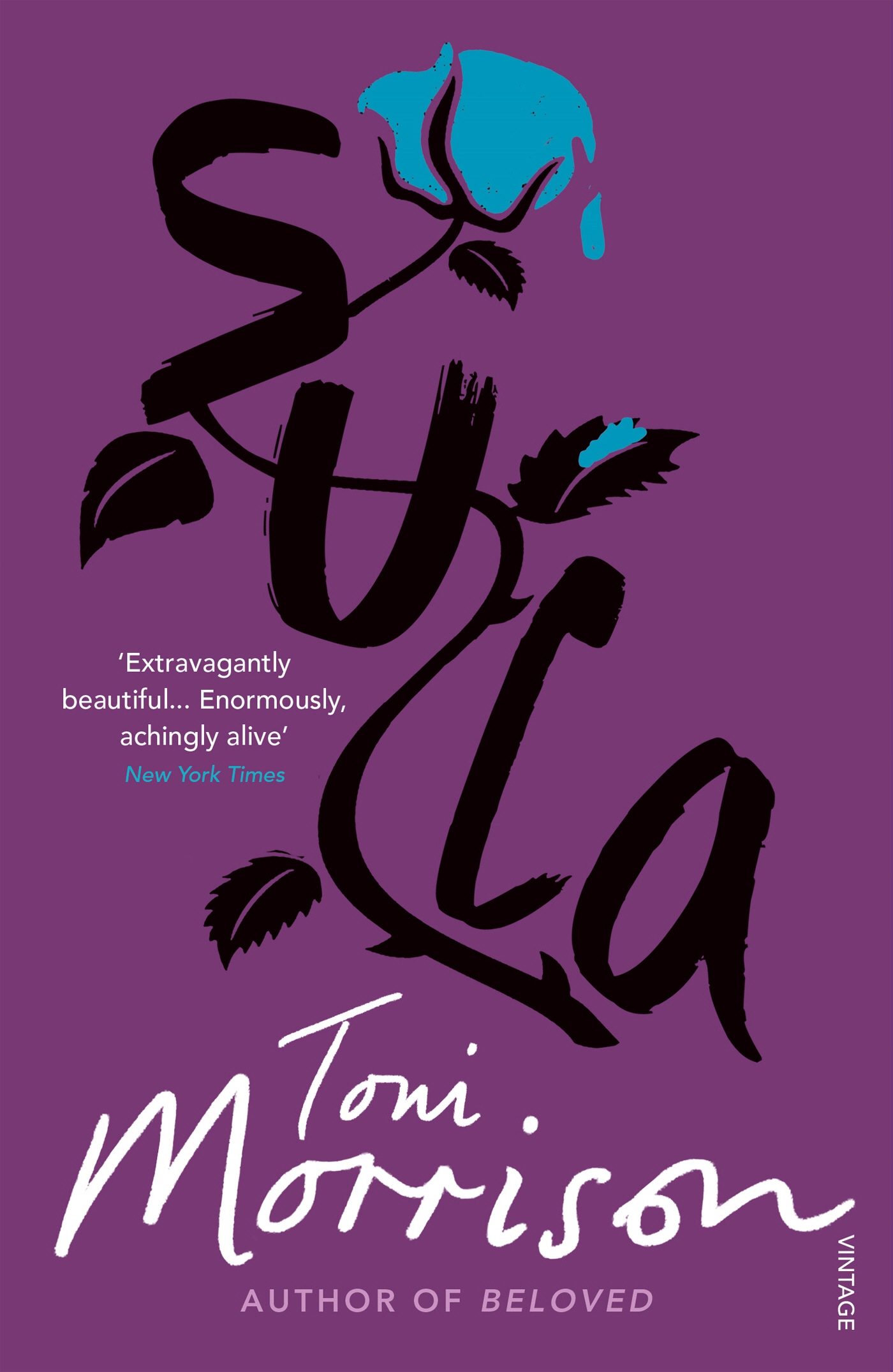

Sula begins instead with a fictional place-Medallion, Ohio-and specifically with “that part of town where the Negroes lived, the part they called the Bottom in spite of the fact that it was up in the hills.” This paradoxical name comes from “a nigger joke,” the kind told by both white folks and colored folks “when they’re looking for a little comfort.” Morrison here sets up the first of many dizzying spins between high places and low, from treetops to holes, from hilltops to mud, from the aeronautical skies to tunnels and trenches. The novel is named for a character whom we don’t really meet for thirty-odd pages. As is Morrison’s tendency, all aspects of the novel-I am drawn in this writing to its names-flow through these interlocking thematic valves, coordinating like an intricate machine or body.

This paradox takes shape in different ways in Sula, in the novel’s preoccupations with ironic oppositions, with how the individual self-relates to the collective, with the dynamic relation between order and disorder. The paradox of Sula is that she’s quintessentially herself-nobody is like her-but she’s also everybody we know who is like that. In the novel, this remembered Hannah is Sula’s mother, Hannah Peace, but she is also Sula. And I suspected that she was a little bit of an outlaw but that they approved in some way. But what I remember most is how the women said her name: how they said “Hannah Peace” and smiled to themselves, and there was some secret about her that they knew, which they didn’t talk about, at least not in my hearing, but it seemed loaded in the way in which they said her name.

I don’t remember seeing her very much, but what I do remember is the color around her-a kind of violet, a suffusion of something violet-and her eyes, which appeared to be half closed. Her name was Hannah, and I think she was a friend of my mother’s. I began to write my second book, which was called Sula, because of my preoccupation with a picture of a woman and the way in which I heard her name pronounced. Morrison saw Sula in someone, too, before she wrote her:

I’ve seen Sula in my days, in my sisters, my aunts, my friends, a stranger crossing the road. Sula is incomparable, matchless, singular. She’s the kind of woman about whom you start to say “she’s the kind of woman…” even though you know any words that follow will twist like winter leaves before they hit the air, will fall to the ground, dry and dead wrong. She is, of course, a type, but she is the type of person who exceeds typology. Sula always seems to me to name a person, not an idea. There are other proper names in Morrison’s titles-Solomon, Tar Baby, Beloved-but they do not wear their allegory so lightly. That’s what always strikes a space between my breasts whenever I think of Toni Morrison’s second novel, published in 1973, and my favorite of her oeuvre.


 0 kommentar(er)
0 kommentar(er)
